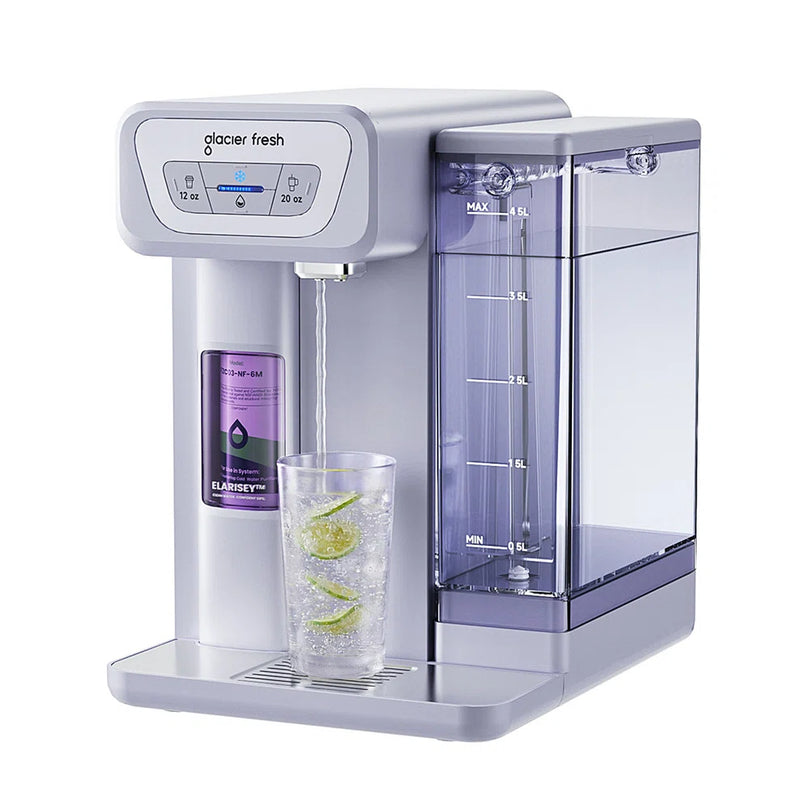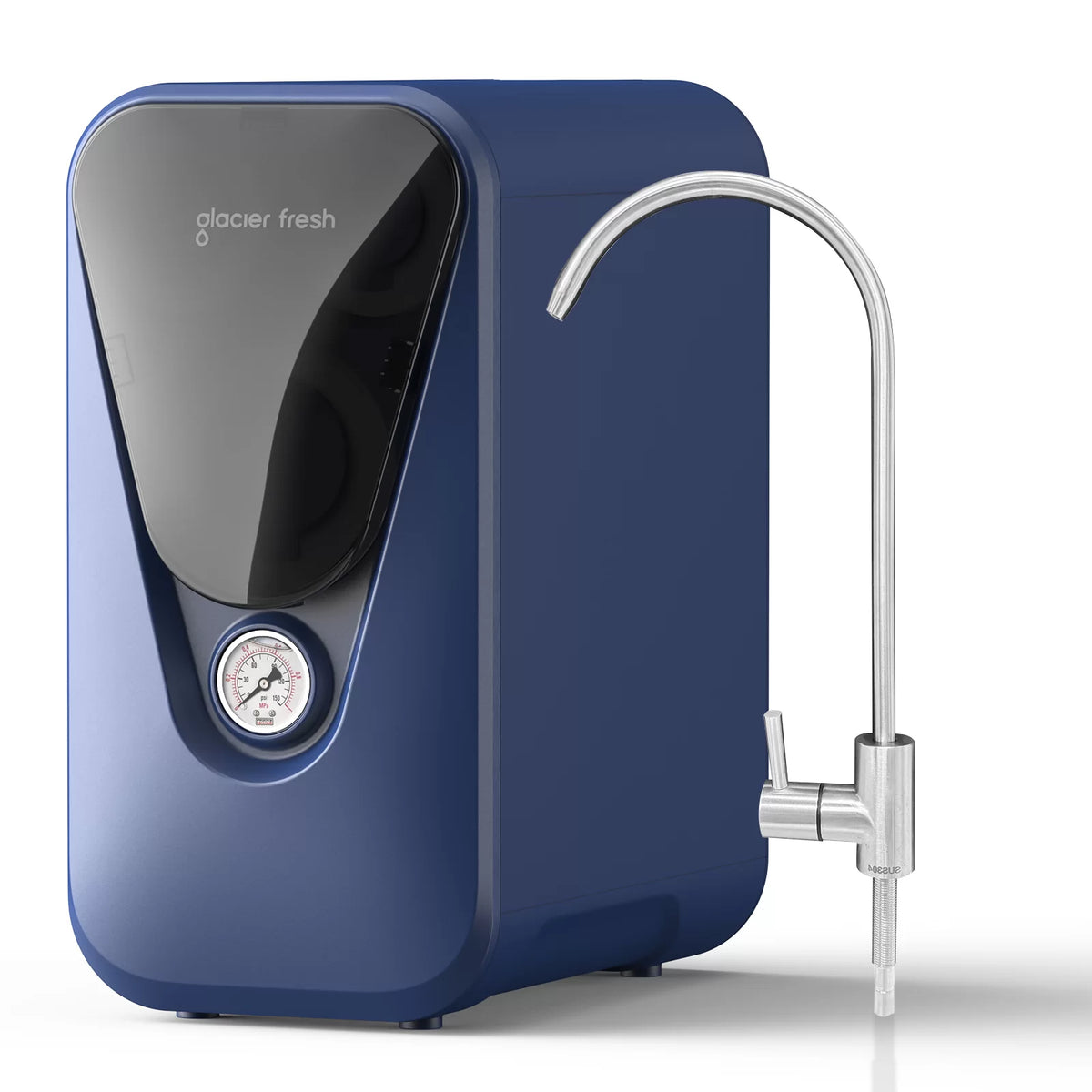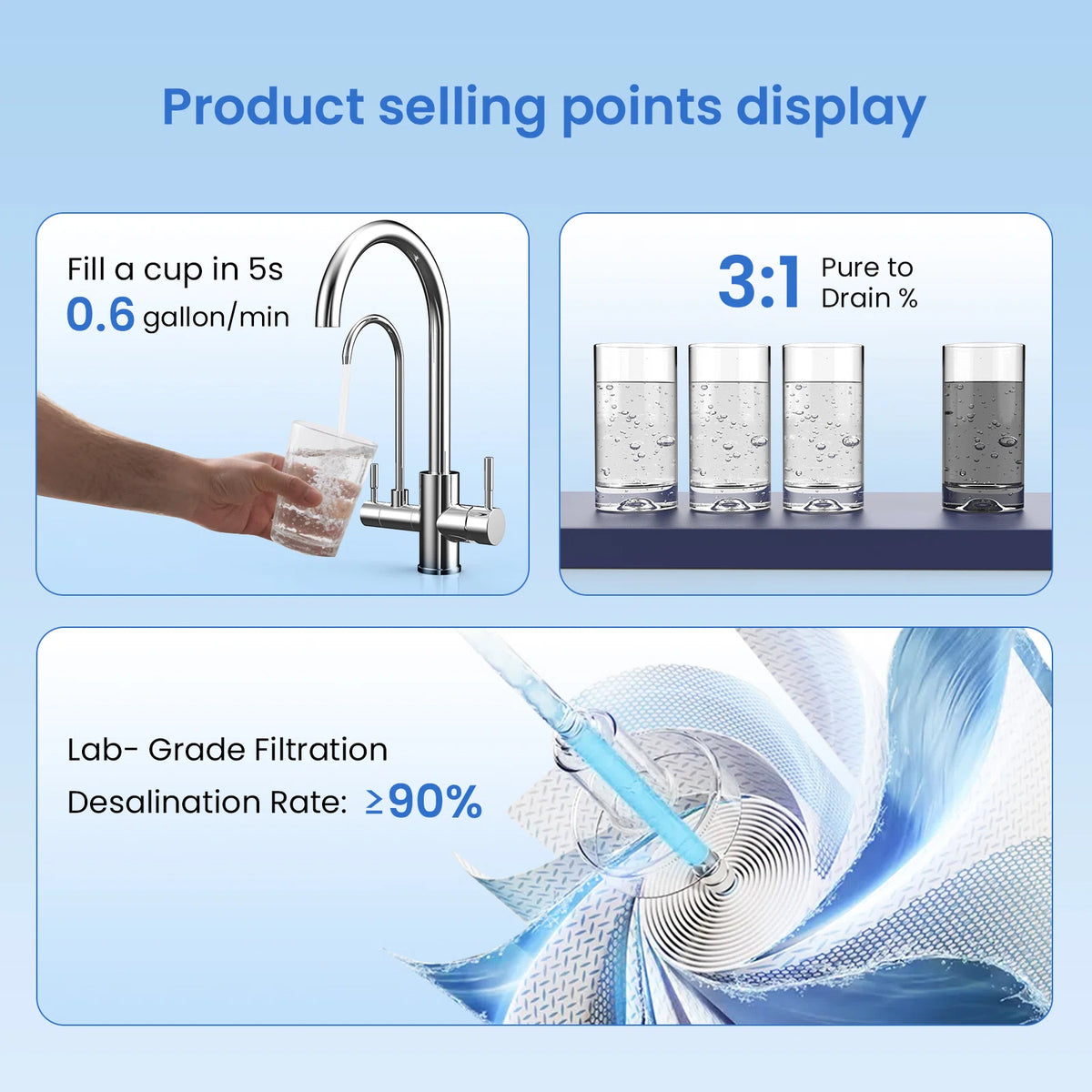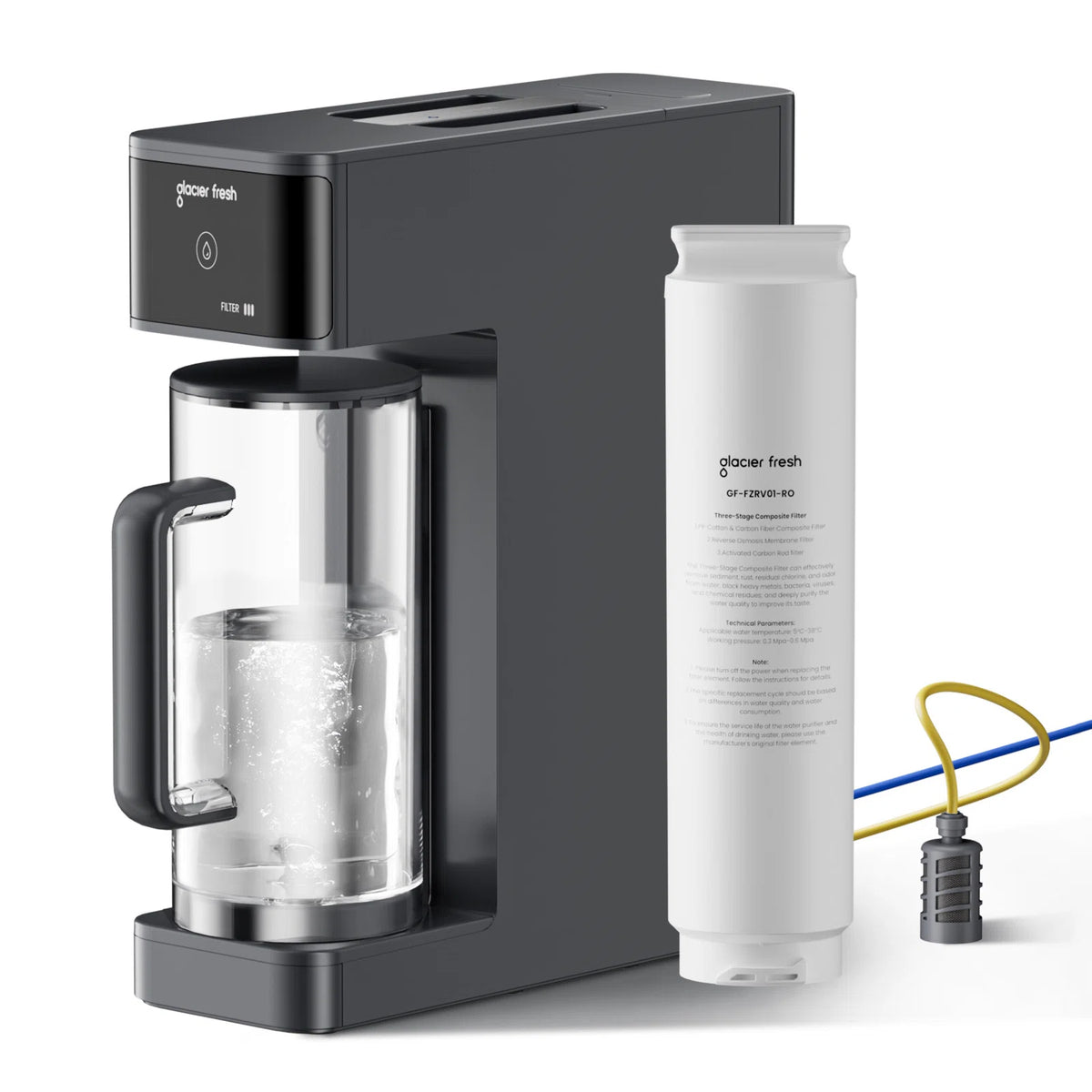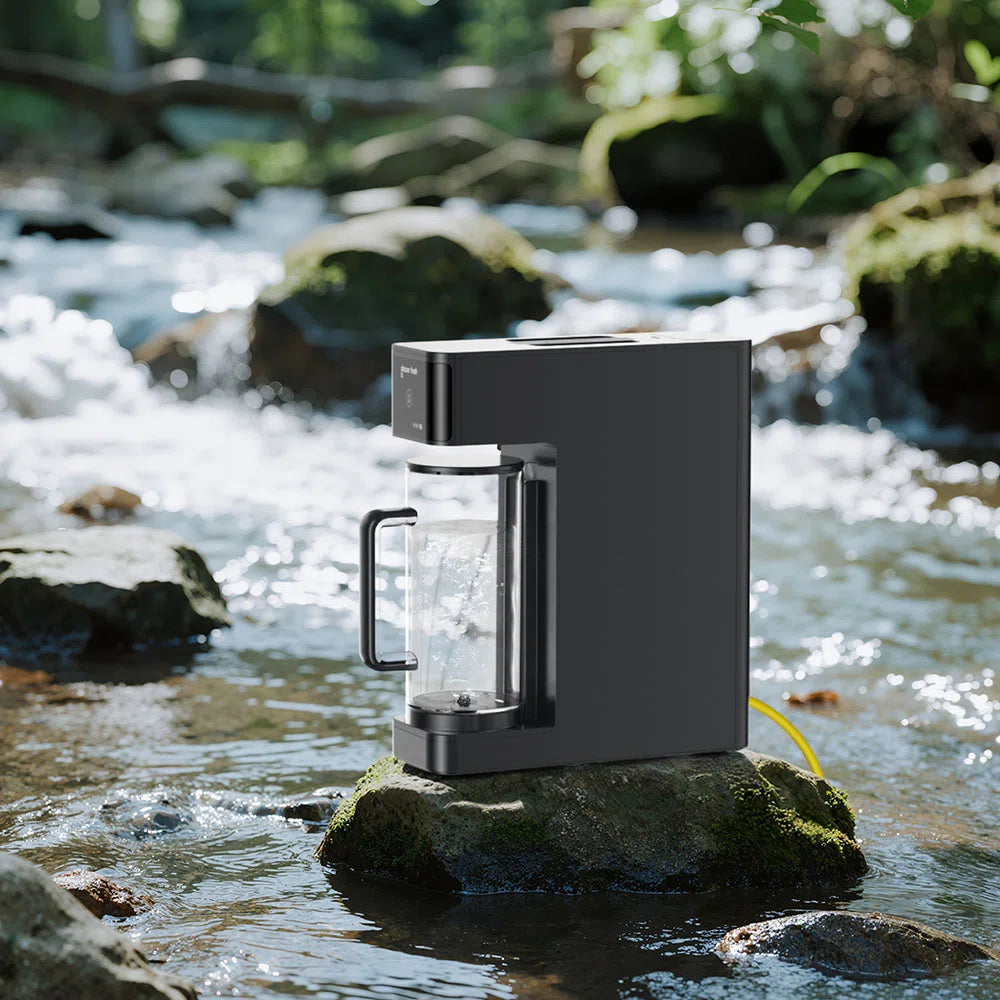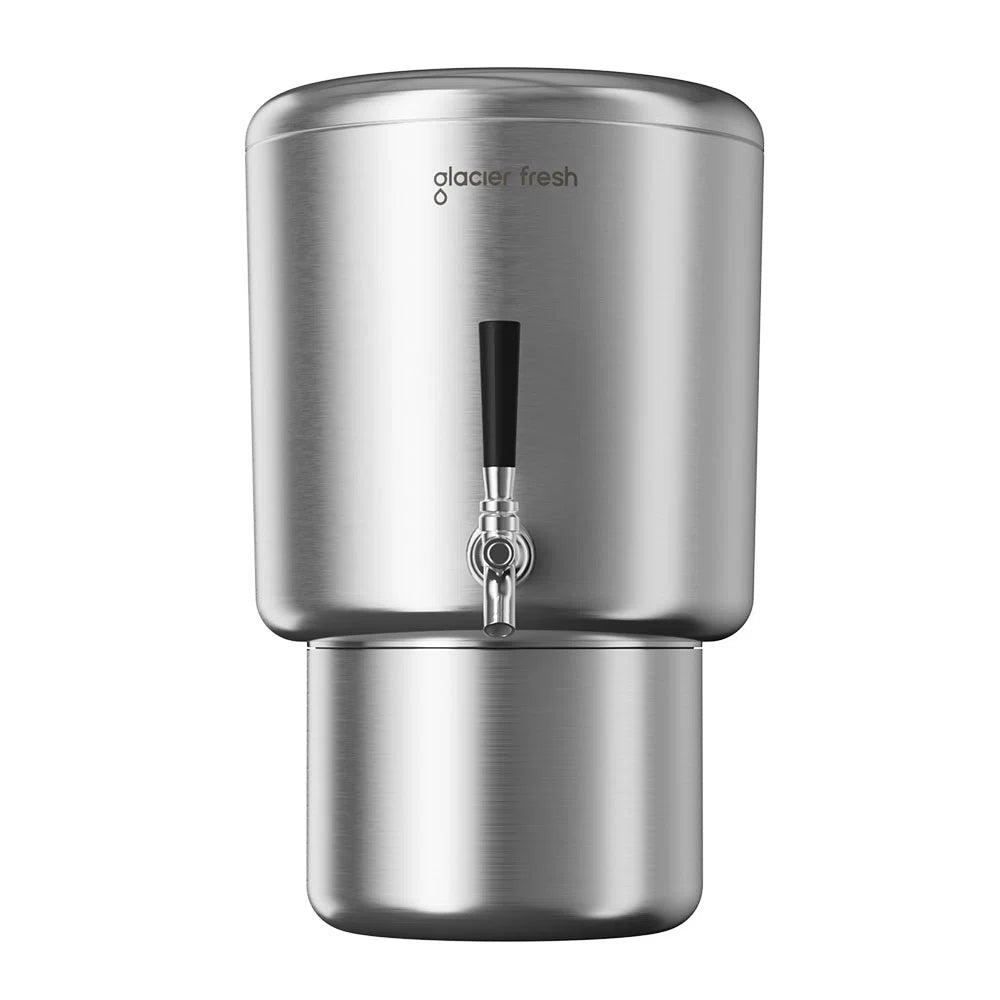Table of Contents:
Understanding the causes of winter dehydration
Why does winter increase dehydration risk?
The health implications of dehydration in winter
Tips for staying hydrated in winter
Myths and misconceptions about hydration in winter
Conclusion
You might think dehydration is a summer issue, but did you know that winter's chill can also dry you out? Cold weather can trick your body into thinking it's not thirsty, causing you to drink less. Combine that with indoor heating that saps moisture from your skin and airways, and you've got a recipe for winter dehydration. This isn't just a minor discomfort; it can impair your cognitive function, cause fatigue, and lead to kidney problems. Staying hydrated is crucial, even when you're not feeling parched. But how can you best manage this in the colder months? Let's explore.
Understanding the causes of winter dehydration

One of the primary causes of dehydration in winter is the reduced thirst sensation. Because people don't feel as thirsty when it's cold, they are less likely to drink enough water.
Indoor heating impact is another cause. While it's nice to stay toasty indoors, the heat can dry out the air, leading to skin moisture loss. You may not notice it, but your skin constantly loses water, especially when exposed to dry, indoor heated air. This can lead to dehydration if you need to replenish your body's water supply.
Cold weather also makes your body work harder to maintain its core temperature, which can cause you to lose more water. Even breathing in cold air can lead to dehydration as your body humidifies and heats the inhaled air.
Why does winter increase dehydration risk?
Despite the chill in the air, winter significantly increases the risk of dehydration. You might think you're less likely to lose fluids when cold, but that's not true. Let's dive into why winter is a high-risk period for dehydration.
- Indoor heating: You love crushing the heat when it's freezing outside, right? Unfortunately, indoor heating reduces humidity and dries out your skin moisture. This, in turn, increases water loss from your body.
- Cold air: Cold air can't hold as much moisture as warm air. So, when you breathe in cold air, your body has to humidify and warm it. This process uses much of your body's water, leading to dehydration.
- Reduced thirst: When it's cold, your body's thirst response diminishes, even when dehydrated. Thus, you'll likely drink less water, and your activity levels mightn't change, further exacerbating the dehydration.
The health implications of dehydration in winter

Believe it or not, winter dehydration can lead to many health problems. Your body functions are heavily dependent on hydration. When dehydrated, these functions can go haywire, leading to severe health effects. Common winter symptoms of dehydration include fatigue, dizziness, and confusion.
Your body loses moisture in the cold, dry winter air, which can quickly lead to dehydration if you're not careful. It's vital to keep up with hydration tips to prevent these health issues. Let's take a look at the table below to understand the health implications of dehydration in winter:

Tips for staying hydrated in winter
Staying hydrated during winter doesn't have to be a Herculean task. Follow a few simple strategies.
- Hydration reminders: Download apps or set alarms on your phone to remind you to drink water regularly.
Be sure to drink before you're thirsty. By then, you may already be dehydrated.
- Hot beverages: Warm drinks like herbal tea or hot chocolate keep you warm and help maintain body hydration.
But remember, caffeine can act as a diuretic, so choose your drinks wisely.
- Indoor humidity: Using a humidifier can help maintain indoor humidity and prevent your skin from drying out, helping retain skin moisture.
Remember about exercise hydration. Despite it being cold, you still sweat when you work out.
Myths and misconceptions about hydration in winter

In the frosty landscape of winter wellness, misinformation often clouds the truth about hydration. You may have heard the myth that you don't need as much water in the winter. That's not true. Your body loses moisture through respiration and sweat, even in cooler temperatures. Cold air can increase urine production, leading to faster dehydration.
Another common misconception is that you can rely on thirst to tell you when you're dehydrated. However, thirst isn't a reliable indicator, especially in cold conditions. You mightn't feel thirsty, but your body still needs hydration.
Some believe that drinking hot drinks helps to stay hydrated in winter. While it's true that hot drinks can warm you up, they don't hydrate you more than cold ones. Water is water, regardless of its temperature.
Lastly, don't think that alcohol can keep you warm and hydrated. It's a myth. Alcohol dehydrates you and can lead to hypothermia.
Understanding these myths and misconceptions is key to staying hydrated in winter. Don't let the cold weather fool you. Drink up, stay active, and maintain your winter wellness.
Conclusion
Remember to consider the importance of hydration in winter. Your thirst response may be lower, but the risk of dehydration is real. It can impact your cognition, energy levels, and even your kidneys. So, make it a priority to drink plenty of water and hot beverages and eat hydrating foods. Don't fall for myths and misconceptions about winter hydration. Remember, staying hydrated isn't just for summer; it's a year-round commitment for your health. Follow Glacier Fresh to find more tips for staying hydrated throughout the day.







